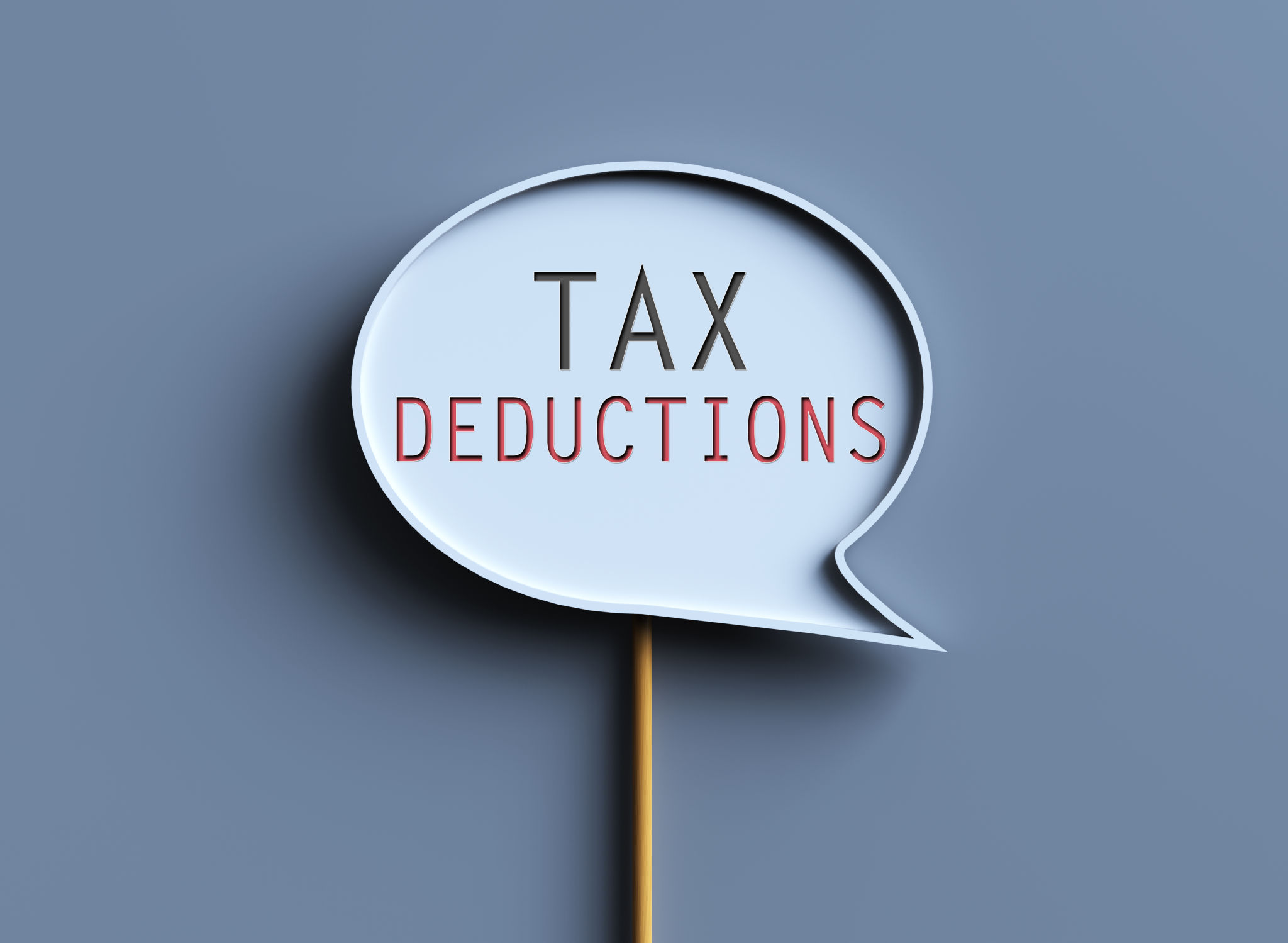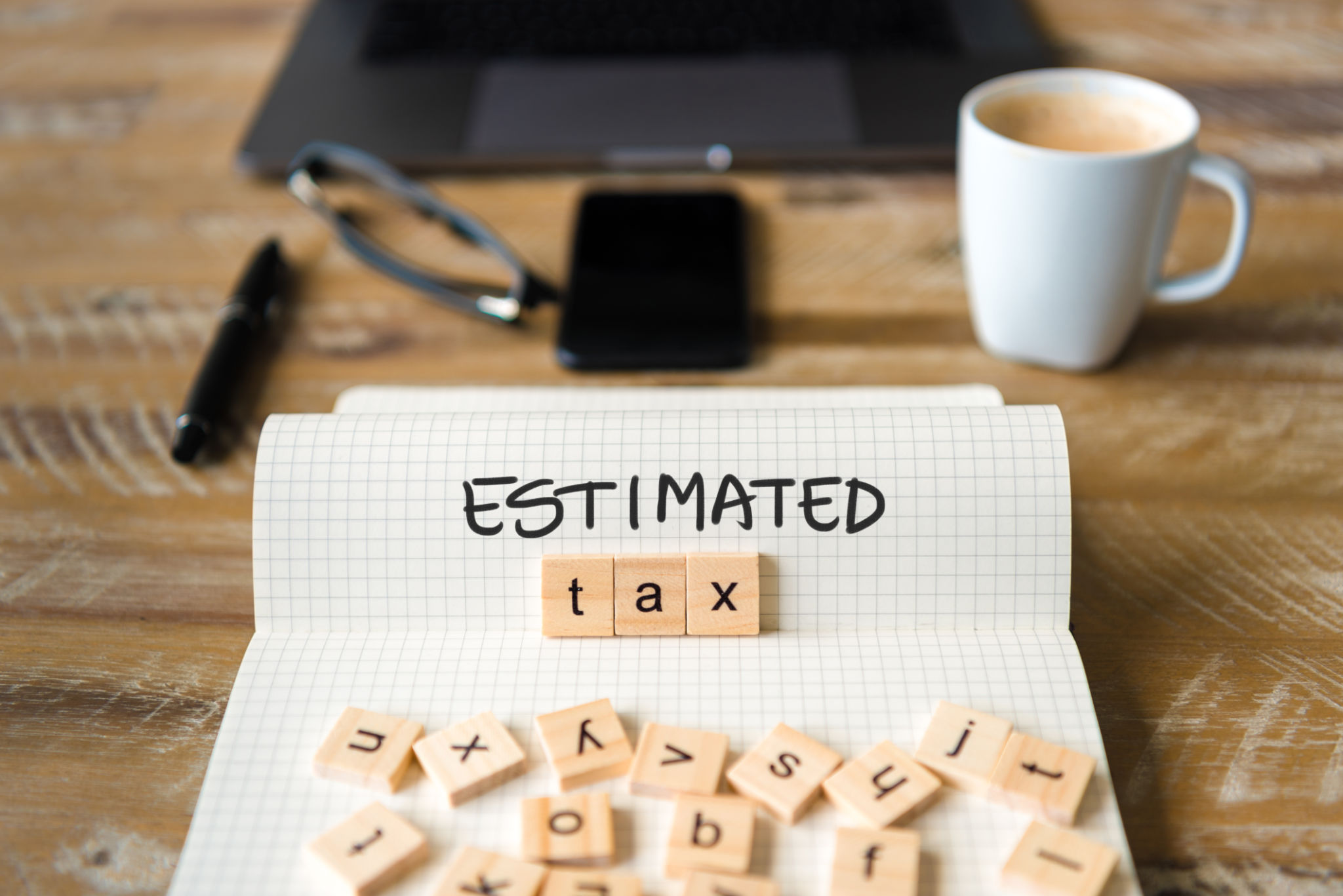Preparing Your Small Business for Tax Season: A Comprehensive Guide
Start Early and Stay Organized
Preparing your small business for tax season can be a daunting task, but starting early and staying organized can significantly ease the process. Begin by gathering all necessary documents such as income statements, receipts, and any relevant financial records. Keeping these documents in order throughout the year will help you avoid last-minute stress.

Consider using accounting software to keep track of your financial data. These tools can automate many tedious tasks, such as categorizing expenses and generating reports. If you prefer a more hands-on approach, ensure you have a reliable filing system in place.
Understand Tax Deductions
One of the most effective ways to reduce your tax liability is by taking advantage of available deductions. As a small business owner, you may qualify for various deductions, including home office expenses, travel expenses, and equipment purchases.
It's crucial to maintain accurate records of all transactions related to these deductions. Consult with a tax professional to ensure you're maximizing your deductions while staying compliant with tax regulations.

Keep Updated with Tax Laws
Tax laws frequently change, and staying updated with these changes is vital for your business's compliance. Subscribe to newsletters or alerts from the IRS or other reputable tax resources to receive timely updates on any new tax legislation that may affect your business.
Working with a knowledgeable accountant can also ensure that you're informed of any changes and how they impact your tax obligations. They can provide invaluable advice tailored to your specific business needs.
Plan for Estimated Taxes
If your business is expected to owe at least $1,000 in taxes, you may be required to pay estimated taxes quarterly. Failing to do so can result in penalties and interest charges. Calculate your estimated taxes early and set aside funds each month to cover these payments.

Use the previous year's tax return as a guide to estimate your current year's taxes. Remember, it's better to overestimate than underestimate to avoid any surprises come tax time.
Double-Check Your Financial Data
Before filing your taxes, take the time to review all financial data for accuracy. Ensure that all income has been reported correctly and cross-check it with bank statements and other financial records. This step can prevent costly errors that might trigger an audit.
If discrepancies are found, address them promptly. Consult with an accountant if you're unsure how to reconcile any differences in your records.

File Early to Avoid Penalties
Filing your taxes early not only reduces stress but also helps you avoid late penalties. If you're expecting a refund, filing early means you'll receive it sooner. Ensure all forms are completed accurately and submitted on time to prevent any issues with the IRS.
If you find yourself unable to meet the filing deadline, consider filing for an extension. However, note that an extension provides more time to file, not to pay any taxes owed. Interest and penalties will still accrue on unpaid taxes after the original due date.
Seek Professional Help If Needed
When in doubt, don't hesitate to seek professional assistance. An experienced accountant or tax professional can provide personalized advice and help navigate complex tax laws. Investing in expert help can save your business money and prevent potential legal issues down the line.

Remember, proper preparation is key to a smooth and successful tax season. By following these guidelines, you'll be well-equipped to handle your small business's tax obligations efficiently and effectively.
